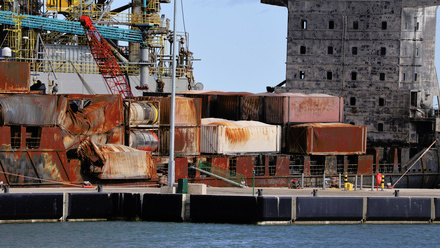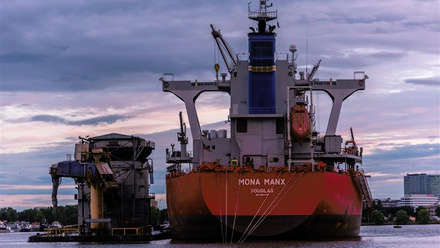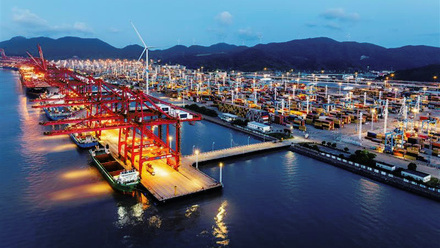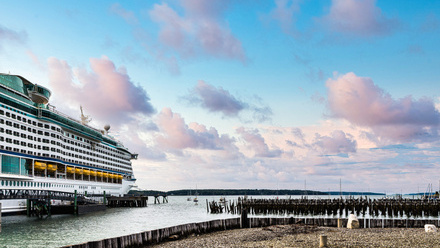Creating the template for mental health policies
The Guild of Benevolence is creating a guide to writing effective policy while also reducing stigmas.
It may still be seen as a bit of a taboo in some circles, but the maritime industry is opening up to the realities of mental health, and its responsibility to ensure seafarers are supported mentally as well as physically. While policies to protect physical safety are common onboard vessels, there can be a distinct lack of policies around mental health.
“There are many reasons for having a mental health policy,” says Lizi Woodland, Chair of the IMarEST Seafarer Mental Health and Wellbeing Special Interest Group and Business Development Manager for the Guild of Benevolence. “The standard of mental health can become very low, and the repercussions of that at sea are terrible.”
And while those working on land may be able to reach out to friends and family, those at sea for weeks and months at a time may find it difficult and complicated to locate support.
The issue is pronounced for women who can be particularly vulnerable to bullying, harassment, abuse, and sexual violence. Failure to ensure good mental health, Woodland says, is a contributing factor to low recruitment in the maritime industry, especially with women: “There’s less than two percent of women now in the whole sector. It was always low, but it's going down.”

A step in the right direction
A mental health policy is one of the steps needed to improve mental health at sea. To help those in leadership positions create one, the Guild of Benevolence is developing a guide to writing a policy specifically for the maritime industry.
“[Creating a policy] has probably been in the back of the minds of many captains, board members or others in leadership positions, but it’s hard to know where to start. This guide should make it easier,” Woodland explains.
The guide will walk policy creators through the steps of creating a policy: “It’s got things like building enthusiasm for your mental health policy, setting objectives, tackling stigma, creating systems of support, training, monitoring progress, and few international helplines,” Woodland says. “Then, at the end, you get a template you can fill in.
“It's really straightforward. It doesn't need to be big; it just needs to be something that, when someone approaches the leadership team like the captain, the chief engineer, they can say, ‘I'm sorry, I'm so down’, and there’s a policy the leadership can use and know what to do.”
The guide will be just one of many resources the Guild of Benevolence, along with IMarEST, is looking to create to support mental health at sea, says Woodland. “The next thing we’re doing is creating an international directory of mental health online and telephone chatlines. Here in the UK, we’ve got quite a few, but it's not the case in other countries.
“It will be like the Yellow Pages of mental health. People can go through, find their country, find the number, call it, and get help in their country in their language.”
Read more: Support not stigma for seafarers with mental health issues.
From policy to legislation
Another critical issue related to mental health being tackled by the Guild of Benevolence is the protection of seafarers.
On 3 July 2025, they will host Unrest at Sea, a roundtable event in Westminster, bringing together government officials, the IMO, and charity leaders. The discussion will focus on introducing legislation to strengthen protections for seafarers.
“If you go into the office, you’ve got laws behind you, but at sea, there [are] few laws. So, we’re looking to see how we can go forward with legislative change,” finishes Woodland.
Discover more about the Guild of Benevolence, charity partner of IMarEST.
Tell us what you think about this article by joining the discussion on IMarEST Connect.
Newsletter image: tackling mental health at sea. Credit: Shutterstock; Inline image: Lizi Woodland. Credit: self.






